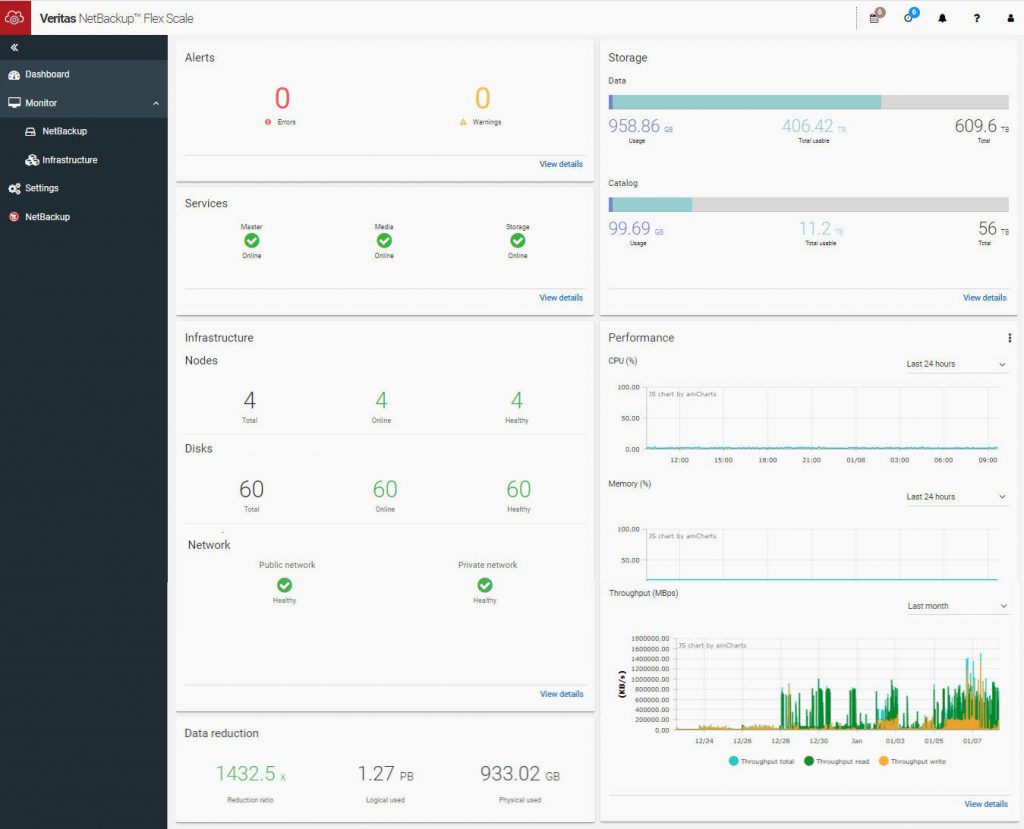Veritas Leverages Kubernetes to Scale-Out Data Protection
Veritas Technologies is embracing scale-out computing with the release of its NetBackup 9 data protection platform, launched this week. The decision to rebuild its backup and recovery platform on Kubernetes paved the way for Veritas Technologies to embrace scale-out computing alongside existing support for traditional scale-up platforms.
Doug Matthews, vice president of product management for Veritas, says the addition of a NetBackup Flex Scale capability means IT teams no longer need to forecast capacity needs, as the amount of data that needs to be protected continues to grow. Instead, NetBackup will now be able to dynamically invoke additional capacity across a distributed computing environment as needed, Matthews says.
The goal is to make it simpler for IT teams to back up data residing on both cloud computing platforms as well as edge computing platforms using the same software they have relied on to back up systems in traditional data centers, Matthews says. Designed around a multitenant architecture, Veritas now claims NetBackup 9 can support more than 800 workloads across a scale-out architecture.
Historically, one of the more cumbersome challenges facing IT teams is that each new platform they adopt required its own backup and recovery solution. Over time, IT teams have found themselves running two or more data protection platforms. Veritas is now enabling a unified approach, capable of supporting traditional virtual and physical machines alongside Kubernetes clusters. NetBackUp 9 effectively makes it possible to reduce the total cost of data protection by rationalizing rival offerings that are optimized for a single platform.
It’s not clear the degree to which data protection will be automated within IT organizations, but Matthews says organizations should expect to see Veritas adding capabilities that would, for example, automatically kick off a data backup if a ransomware attack was detected.
In the meantime, the current version of NetBackup Advanced provides policy-driven automation capabilities for managing all aspects of deployment, provisioning, scaling, load-balancing, cloud integration and recovery operations. It can also automatically discover workloads and exposes an application programming interface (API) through which data protection can be integrated with other IT workflows.
Of course, as data protection does become more automated, dedicated IT teams’ days may be numbered. Much like the rest of DevOps, the backup and recovery processes will be automated in a way that requires little to no intervention on the part of an IT professional after the initial workflow is created.
It’s also not clear how that shift will impact IT career paths, as teams tend to assign entry level personnel to manage these tasks. If the data backup and recovery process is automated, as with many other routine tasks, then the point of entry for new IT professionals just got a lot higher.



